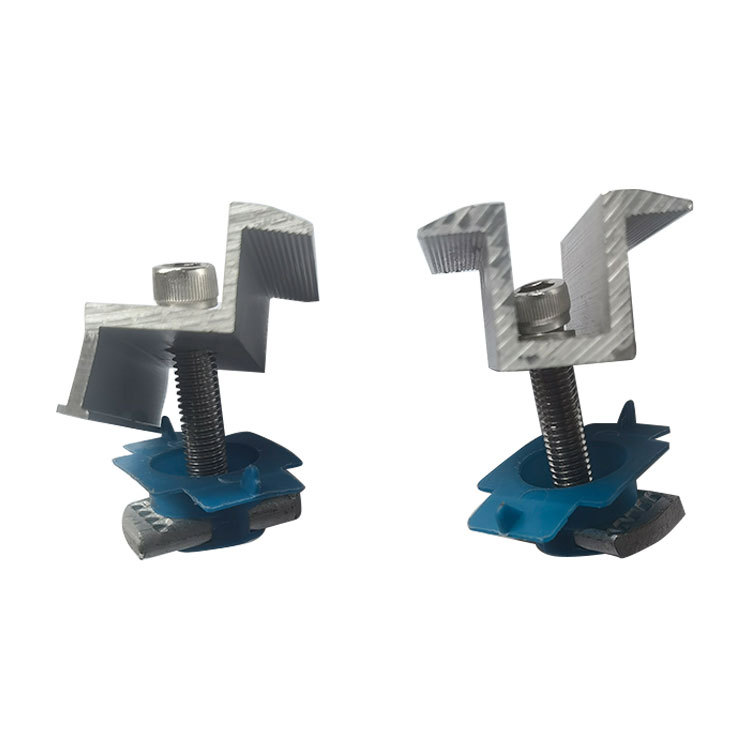

Comparing Stud Bolts and Machine Bolts for Optimal Fastening Solutions
दिसम्बर . 10, 2024 19:35 Back to list
Comparing Stud Bolts and Machine Bolts for Optimal Fastening Solutions
Understanding Stud Bolts and Machine Bolts Key Fasteners in Engineering
Fasteners play a crucial role in various engineering applications, and among them, stud bolts and machine bolts are essential components used in assembling machinery, structures, and other equipment. While they may seem similar at first glance, these two types of bolts serve distinct purposes and possess unique characteristics that make them suitable for specific applications.
Stud Bolts Overview and Applications
Stud bolts are threaded rods with no head, primarily designed to work with nuts on both ends. This construction allows for a significant degree of flexibility in fastening, as stud bolts can be used to connect two or more components at various angles or widths. They are often employed in high-strength applications, such as in oil and gas refineries, chemical plants, and pressure vessels, where they are subjected to heavy loads and forces.
One of the key advantages of stud bolts is their ability to accommodate large amounts of tension. When properly installed with nuts, they can provide a secure and dependable fastening solution, especially in environments where traditional bolts might fail. Stud bolts are also available in various materials, including stainless steel, carbon steel, and alloys, allowing engineers to select the right type based on the operating environment. Moreover, their long length can be beneficial when fastening thick materials or when adjustments might be necessary during the assembly process.
Machine Bolts Characteristics and Uses
stud bolt and machine bolt - fastener

On the other hand, machine bolts are typically characterized by their head, which can take various forms, such as hexagonal, square, or round. These bolts are designed to be inserted into pre-drilled holes and are usually fastened with a nut or driven into a threaded hole. Machine bolts come in a range of sizes and materials, making them versatile for many applications across different industries.
Machine bolts are particularly well-suited for applications where more straightforward fastening is required, and they are commonly used in construction, automotive assembly, and general machinery. The availability of machine bolts in a variety of dimensions allows engineers to select the right size based on the thickness of the materials being joined. Unlike stud bolts, machine bolts generally do not require additional fastening mechanisms beyond a nut, simplifying the assembly process.
Another notable attribute of machine bolts is their ease of installation. They can be quickly inserted and tightened, making them an excellent choice for applications where speed is essential. Moreover, machine bolts often provide a strong and reliable connection, which is critical for maintaining the integrity of the assembled structure or device.
Conclusion Choosing the Right Fastener
In summary, both stud bolts and machine bolts have vital roles in the world of fasteners, each tailored for specific use cases. Stud bolts are ideal for high-tension applications where flexibility and strength are paramount, while machine bolts serve well in situations requiring ease of installation and straightforward fastening.
When selecting between stud bolts and machine bolts, engineers must consider factors such as load requirements, material compatibility, and environmental conditions. Understanding the unique characteristics of each type of fastener ensures that the appropriate choice is made, contributing to the safety, reliability, and performance of the final product. As industries continue to evolve and new applications emerge, the importance of selecting the right fastener cannot be overstated in achieving successful engineering outcomes.
Latest news
-
Hot Dip Galvanized Bolts-About LongZe|High Strength, Corrosion Resistance
NewsJul.30,2025
-
High-Strength Hot Dip Galvanized Bolts - Hebei Longze | Corrosion Resistance, Customization
NewsJul.30,2025
-
Hot Dip Galvanized Bolts-Hebei Longze|Corrosion Resistance&High Strength
NewsJul.30,2025
-
High-Strength Hot-Dip Galvanized Bolts-Hebei Longze|Corrosion Resistance&High Strength
NewsJul.30,2025
-
Hot Dip Galvanized Bolts-Hebei Longze|Corrosion Resistance&High Strength
NewsJul.30,2025
-
Hot Dip Galvanized Bolts - Hebei Longze | Corrosion Resistance, High Strength
NewsJul.30,2025

